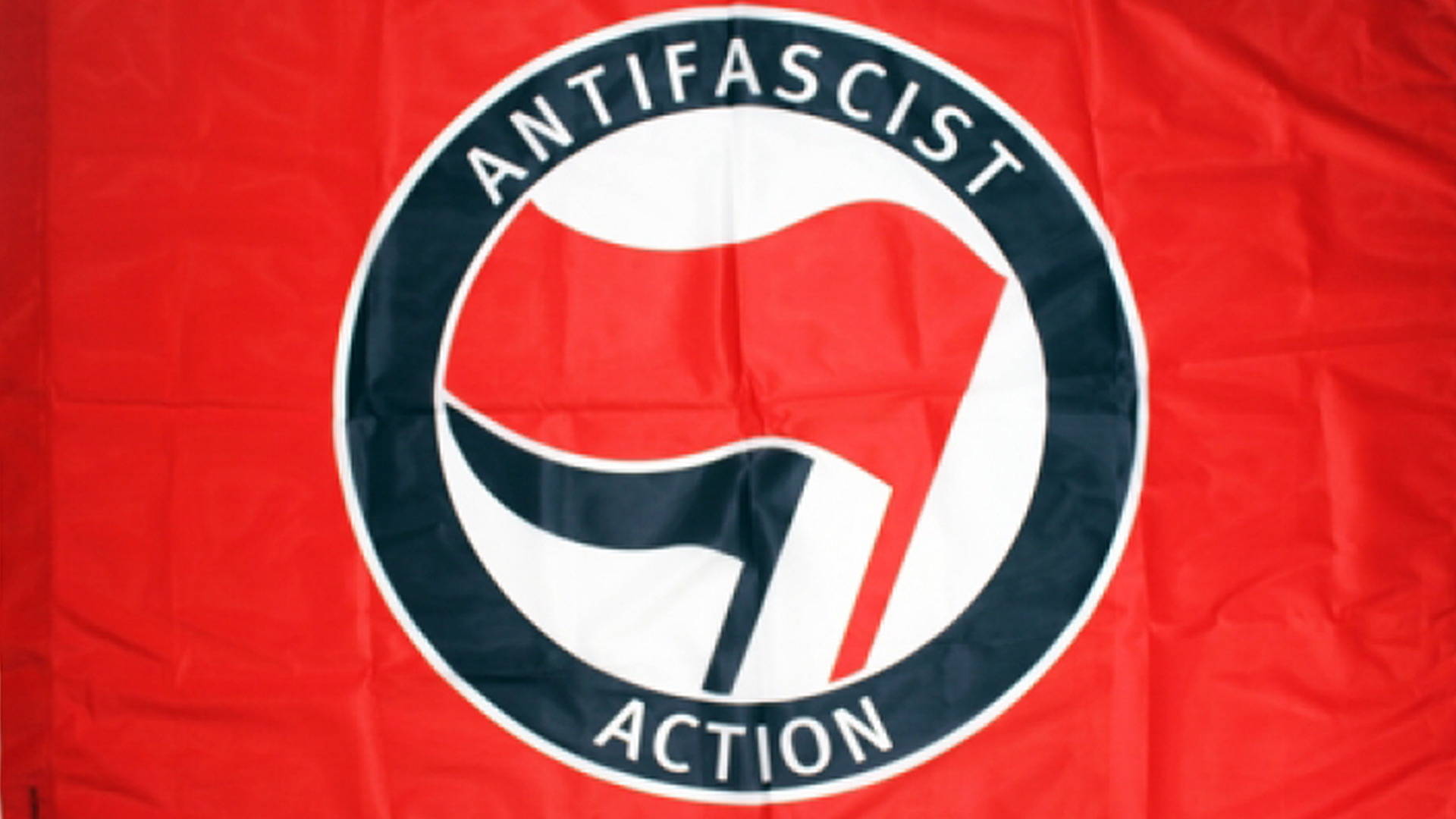Before I answer that (if I can even remember LOL), here's what I stand for.
Classical liberalism is a political ideology and a branch of liberalism that advocates civil liberties under the rule of law with an emphasis on economic freedom. Closely related to economic liberalism, it developed in the early 19th century, building on ideas from the previous century as a response to urbanization and to the Industrial Revolution in Europe and North America.[1][2][3]
Notable liberal individuals whose ideas contributed to classical liberalism include John Locke,[4] Jean-Baptiste Say, Thomas Robert Malthus and David Ricardo. It drew on classical economics, especially the economic ideas as espoused by Adam Smith in Book One of The Wealth of Nations and on a belief in natural law,[5] progress[6] and utilitarianism.
Social liberalism, also known as left liberalism in Germany,[1][2][3] new liberalism in the United Kingdom,[4][5] modern liberalism in the United States,[6] and progressive liberalism in Spanish speaking countries[7] is a political philosophy and variety of liberalism that endorses a regulated market economy and the expansion of civil and political rights. Under social liberalism, the common good is viewed as harmonious with the freedom of the individual.[8]
Social liberal policies have been widely adopted in much of the world.[9] Social liberal ideas and parties tend to be considered centrist or centre-left.[5][10][11][12][13] A social liberal government is expected to address economic and social issues such as poverty, welfare, infrastructure, health care, education and the climate using government intervention whilst also emphasizing the rights and autonomy of the individual.[14][15][16]
In the United States, the term social liberalism may sometimes refer to progressive stances on sociocultural issues such as abortion and same-sex marriage as opposed to social conservatism. Because cultural liberalism expresses the social dimension of liberalism, it is often referred to as social liberalism, although it is not the same as the broader political ideology known as social liberalism. A social liberal in this sense may hold either conservative or liberal views on fiscal policy.



